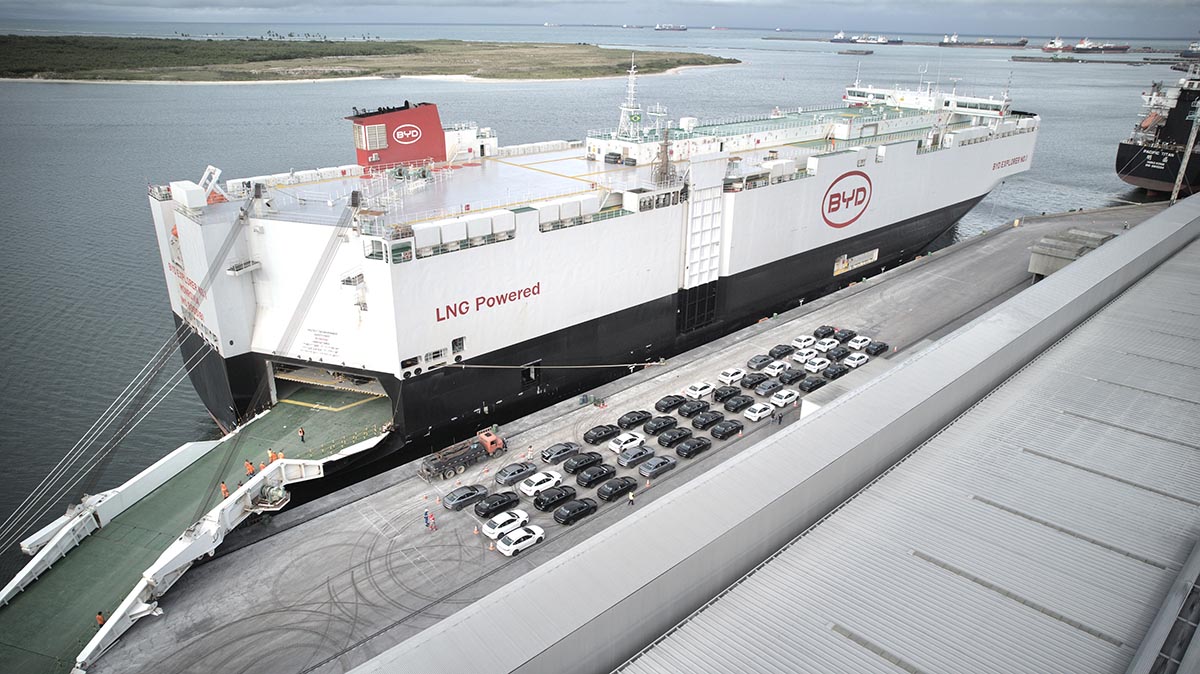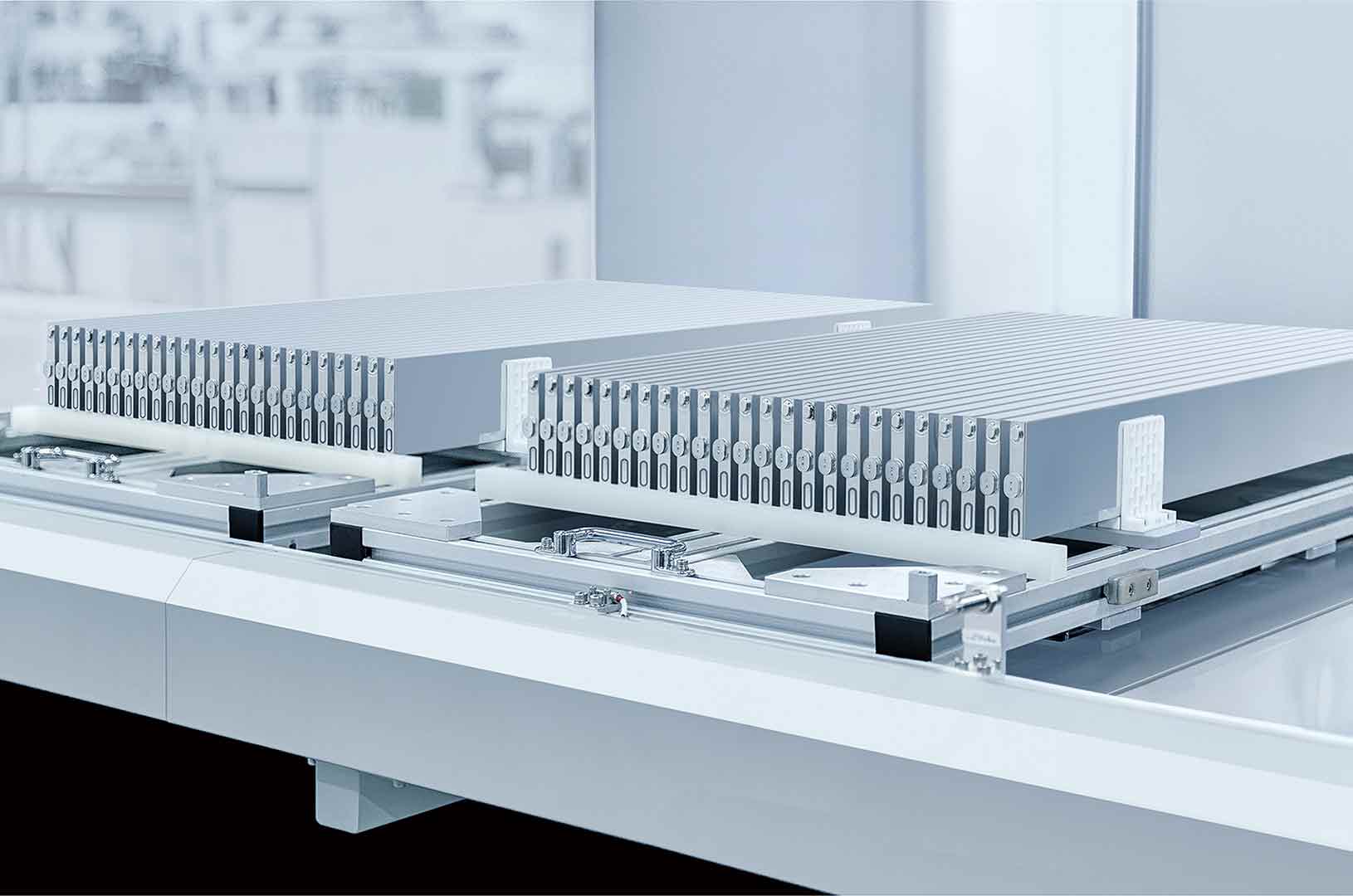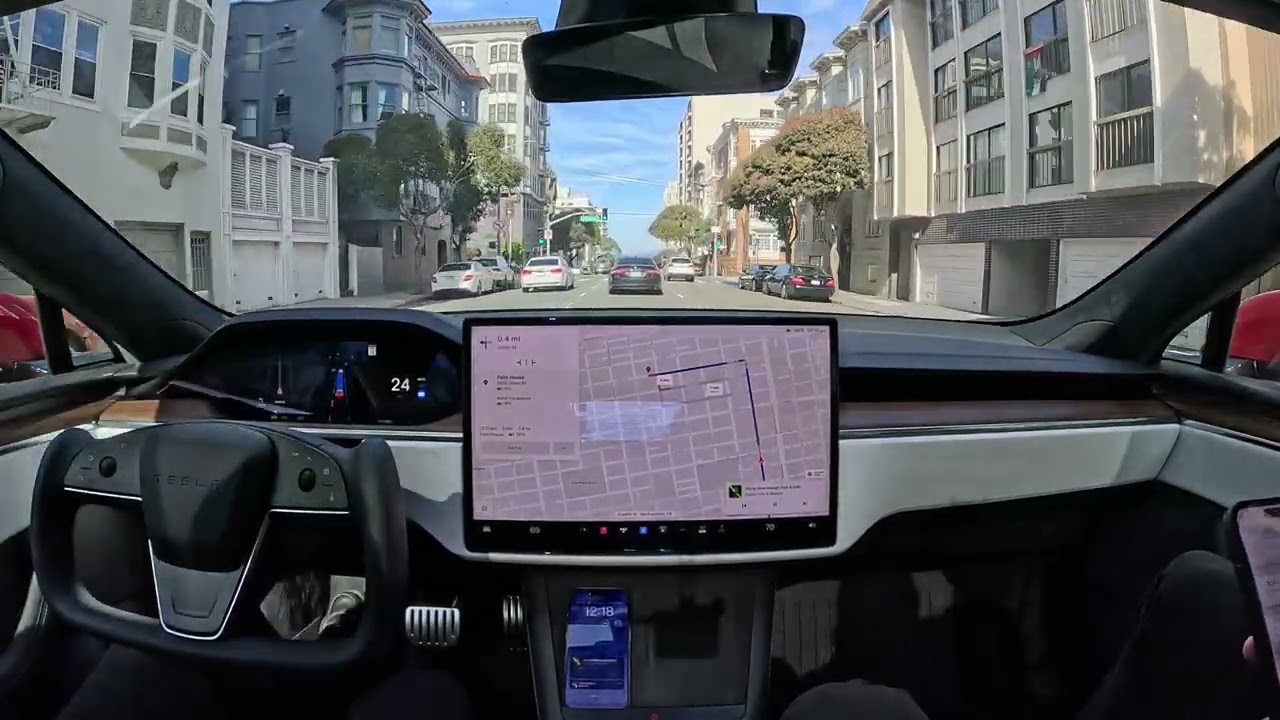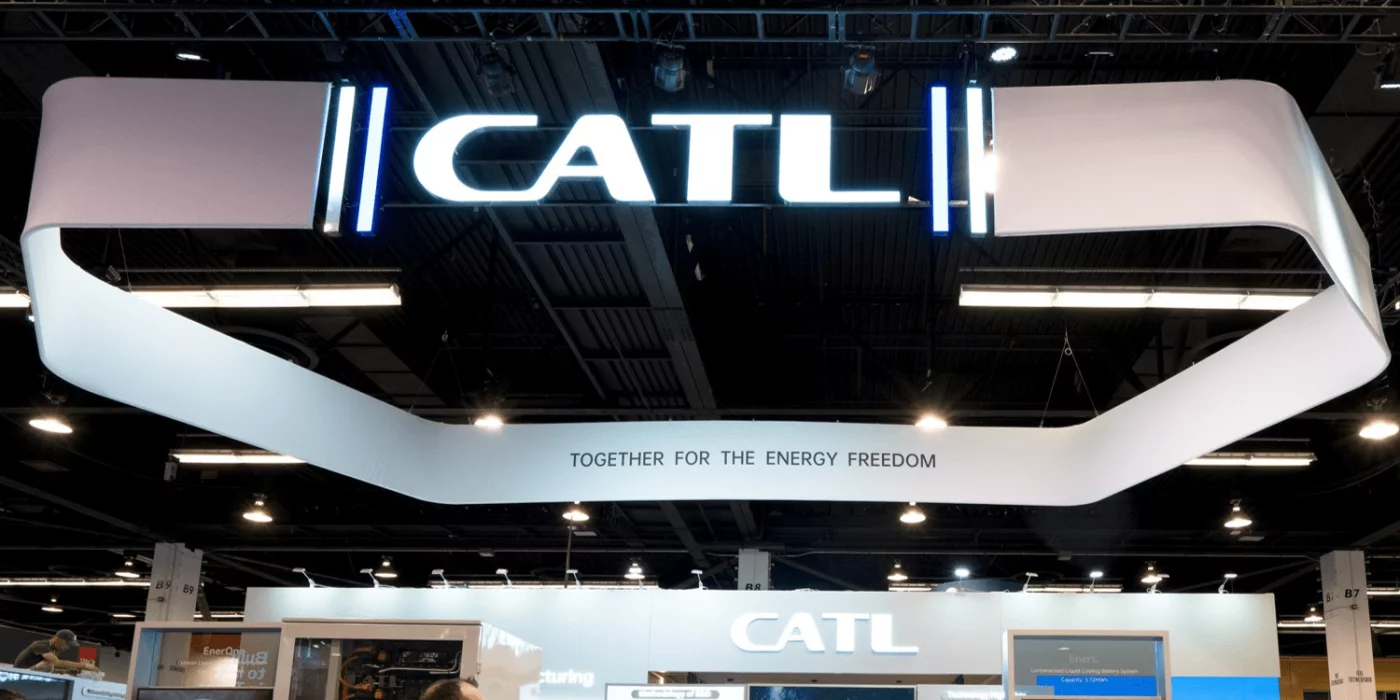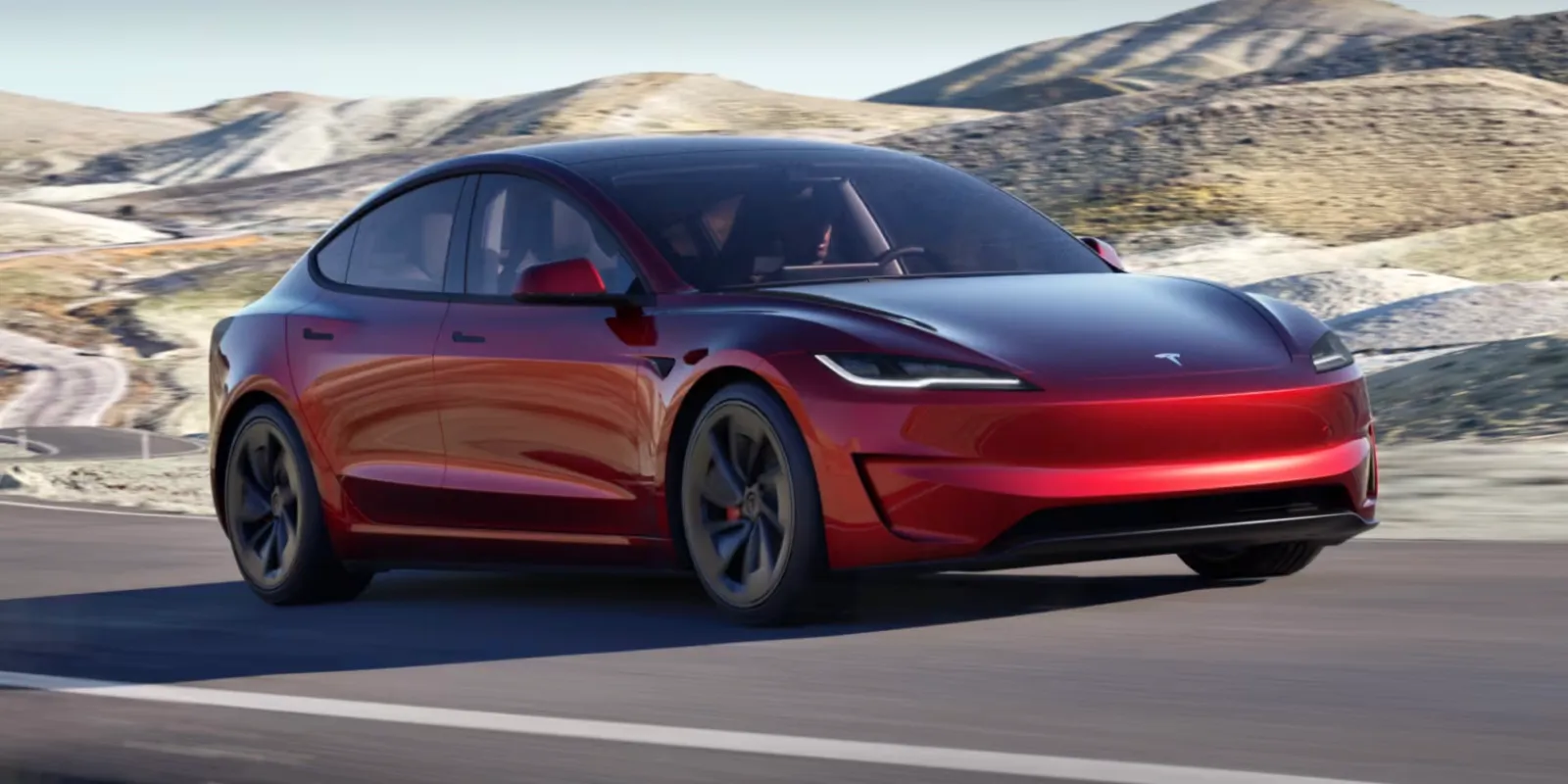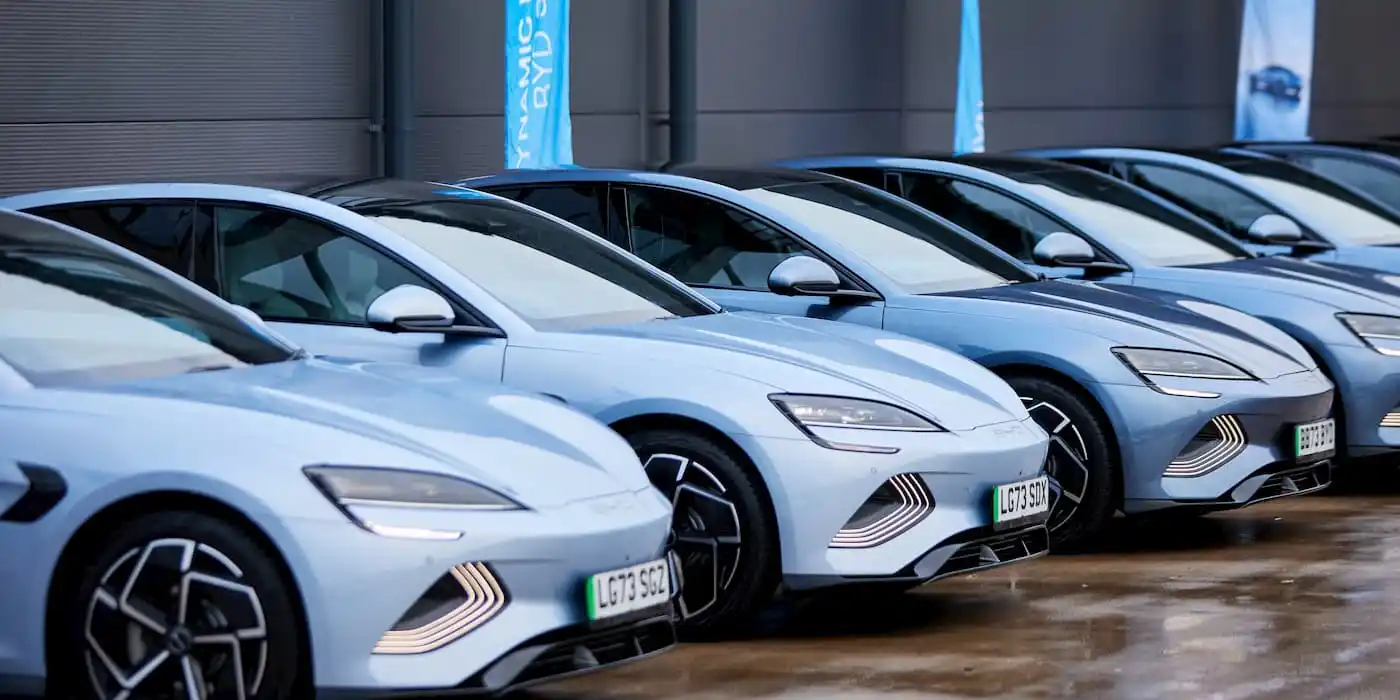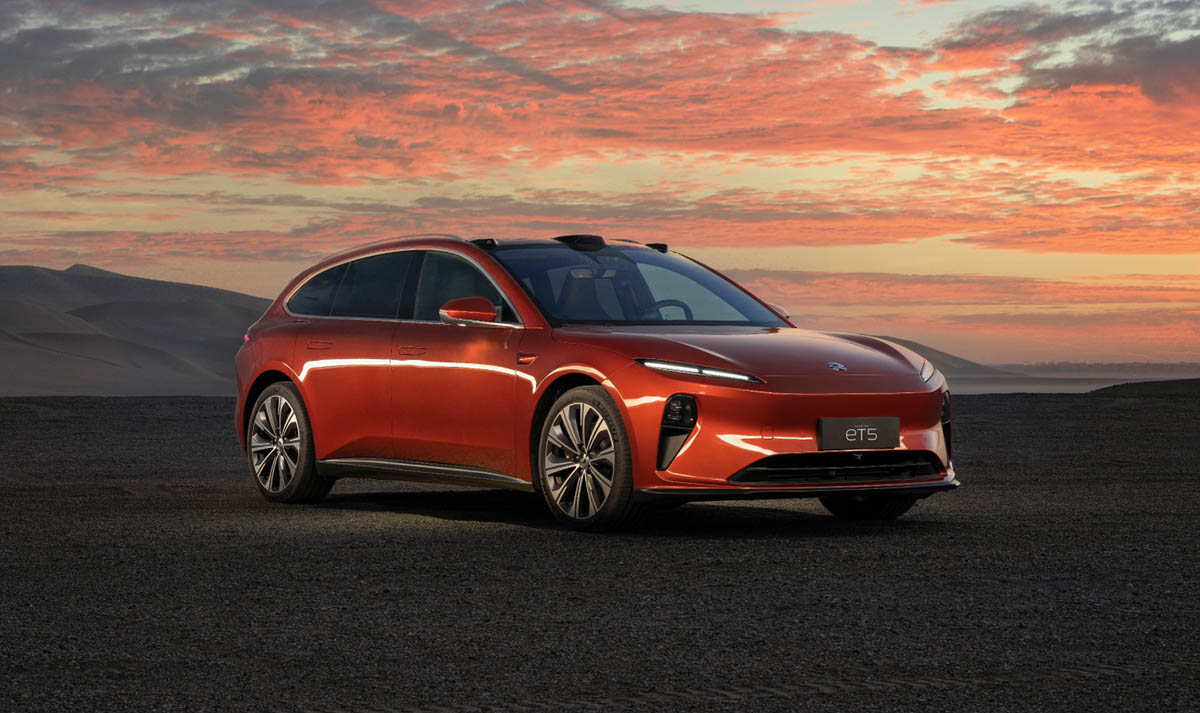China has voiced its strong opposition as the European Union (EU) reportedly prepares to announce additional tariffs against Chinese electric vehicles (EVs). The move comes as part of the EU’s anti-subsidy investigation, which Chinese Foreign Ministry spokesman Lin Jian criticized as a form of protectionism.
“Protectionism has no future, openness and cooperation is the right way,” Lin stated during a regular press conference. He emphasized that China would take all necessary measures to safeguard its legitimate rights and interests if the EU goes ahead with the tariffs.
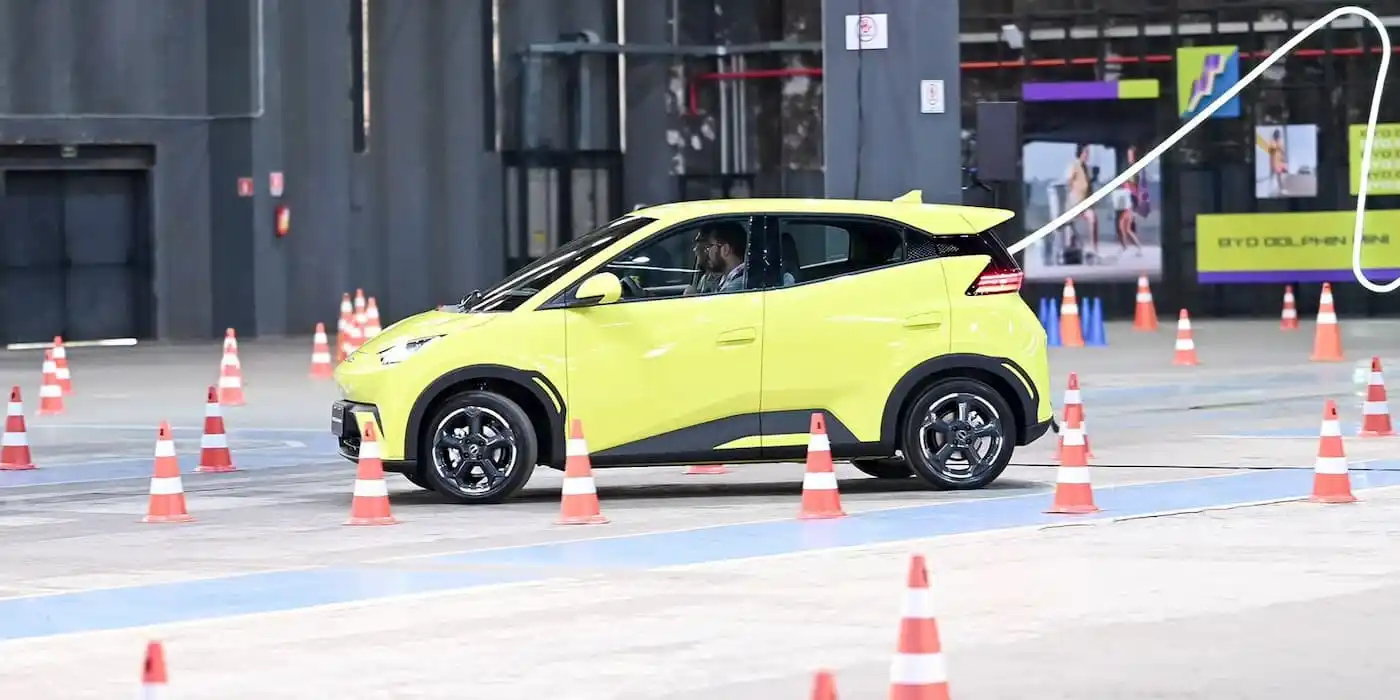
The Financial Times reported that the European Commission is expected to inform carmakers of its decision to temporarily impose additional tariffs of up to 25 percent on imports of Chinese EVs from next month. The EU argues that Chinese EV makers benefit from subsidies that undercut their European rivals.
However, the move could risk sparking a costly trade war with China and has faced opposition from the German government. France and Spain have advocated for the tariffs, while Germany, Sweden, and Hungary have expressed concerns about potential retaliatory measures from China.
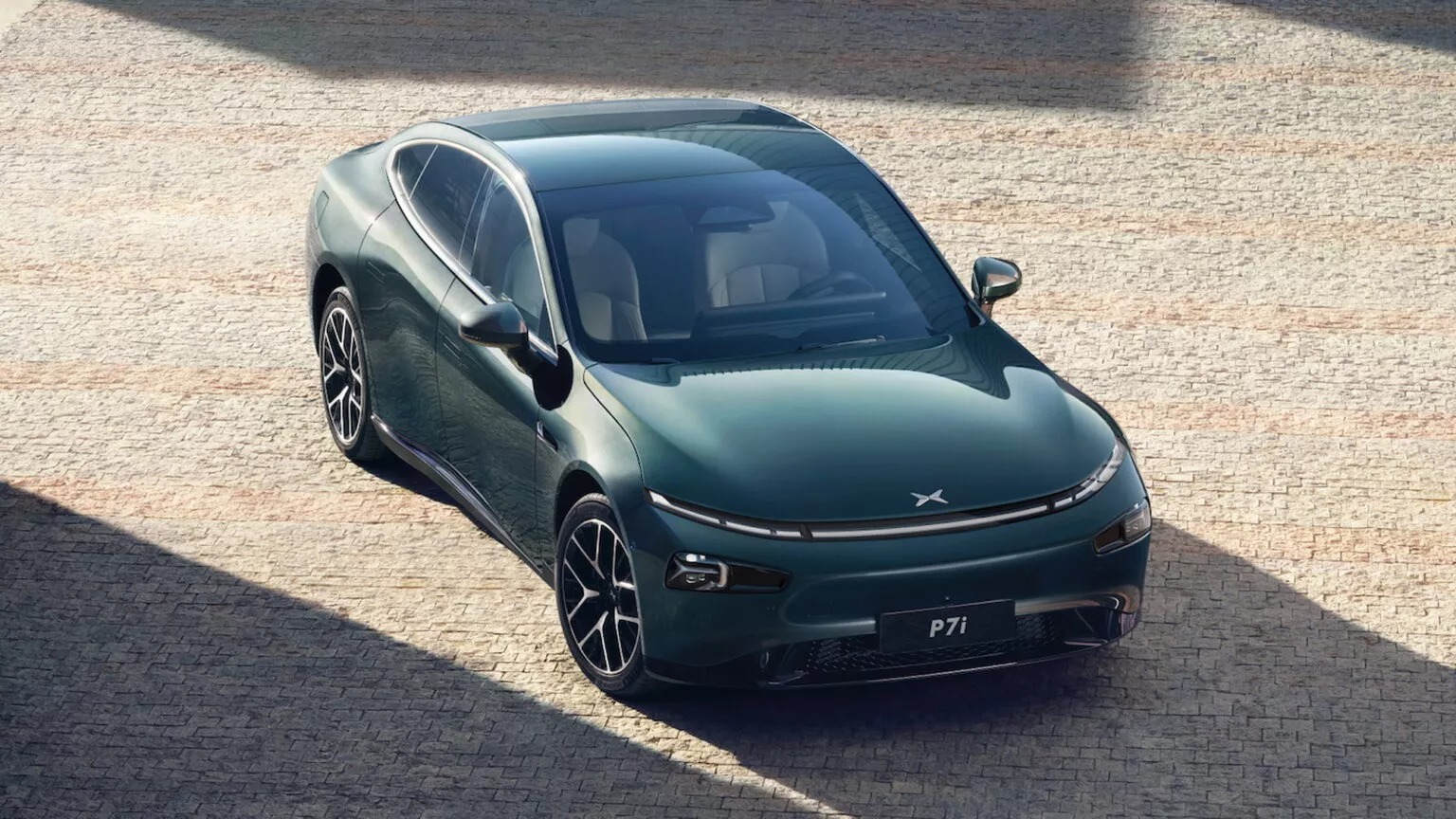
Despite intense lobbying by the German government, the EU seems poised to raise the tariffs, potentially to around 35 percent. This decision could impact Chinese producers such as BYD and SAIC, as well as companies like Tesla, which have factories in China.
The EU’s move has raised concerns about violating the principles of market economy and international trade rules, damaging China-EU economic and trade cooperation, and disrupting the global automotive production and supply chain, according to Lin.
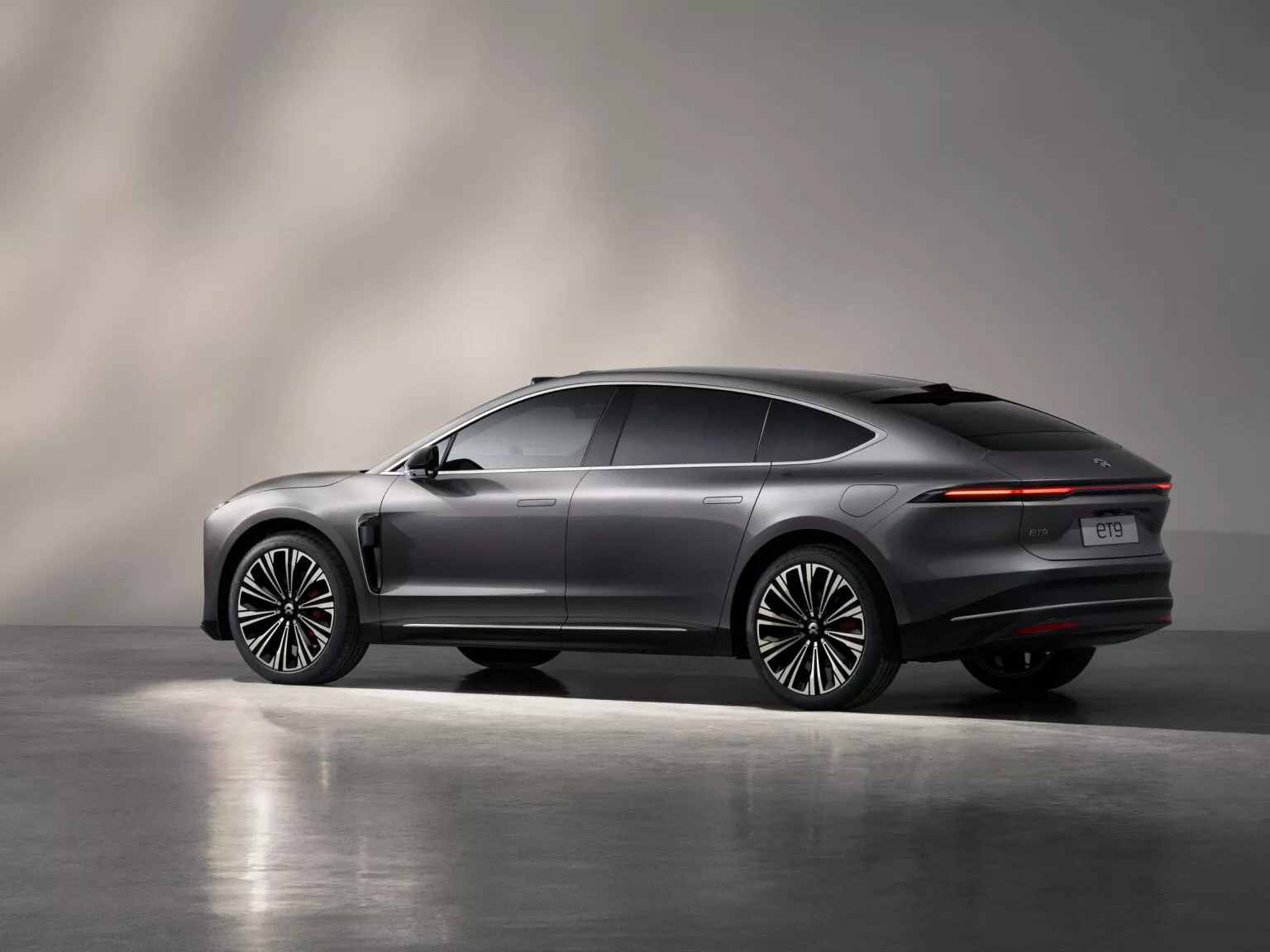
“China urges the EU to abide by its commitment to support free trade and oppose protectionism, and work with China to safeguard the overall situation of China-EU economic and trade cooperation,” Lin urged.
Currently, the EU imposes a 10 percent tariff on Chinese EVs, while China has already imposed a 15 percent tariff on European EVs. The exact tariffs and their impact on individual producers will depend on the level of subsidies the EU claims to have identified.

